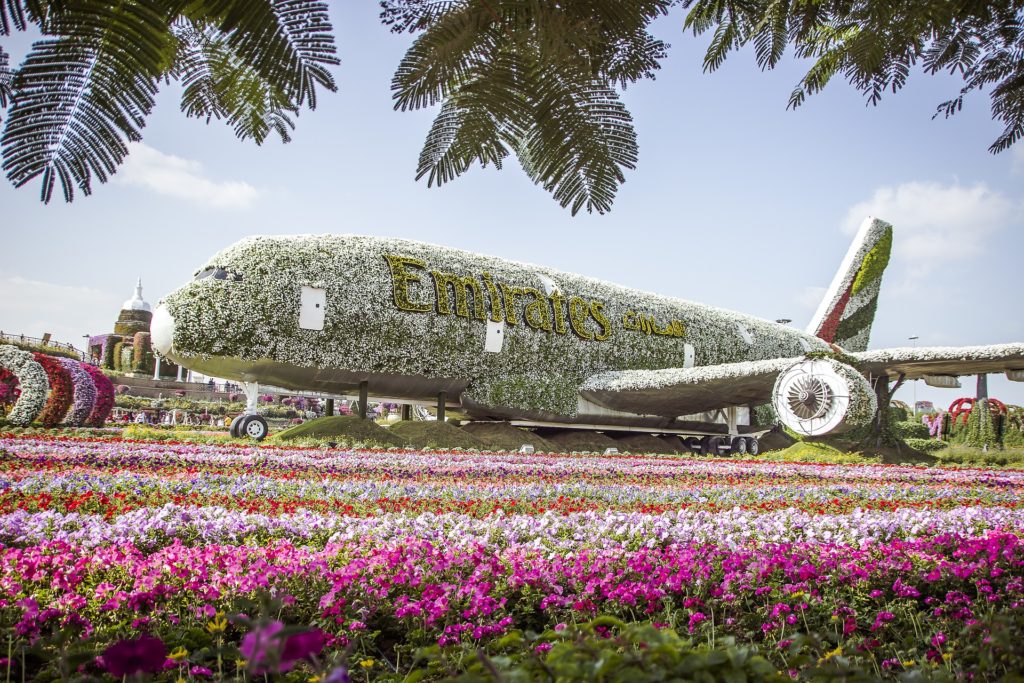The current situation of the environment in terms of climate change has raised awareness throughout the world and in various social groups, within these groups the European aeronautical sector has taken up the challenge of starting a project to continuously reduce CO2 emissions until achieving eliminate them completely by 2050, the name of the project is “Destination 2050- A route to net-zero European Aviation”.
Contents
The importance of a global effort for the environment
Through its news portal, the UN has urged all nations to maximize their efforts and prepare strategies that effectively counteract climate change in this year 2021, this UN invitation seeks to achieve the objectives proposed in the Agreement on Paris (2015) to limit global temperature rise to no more than 2 ° C, but preferably 1.5 ° C, by the end of the 21st century.
Regarding the importance of the year 2021 to achieve the objectives of the Paris Agreement, the Secretary General of the UN, António Guterres, commented on February 26: “2021 is a decisive year to face the global climate emergency. The science is clear, to limit the global temperature rise to 1.5 ° C, we must reduce global emissions by 45% by 2030 from 2010 levels.“
Responsible and sustainable aviation for Europe
As part of the agreements that since last November have been brewing in the European Union (EU) in order to achieve a recovery of the aviation of the “old continent”, the issue of achieving sustainable aviation by the end of 2021 is one of the most important points that collaborate with the interests of the Paris Agreement and the European Green Deal.
The aeronautical sector is aware of the damage generated to the environment and is certain that contributing to the improvement of environmental conditions is one of the axes that will restore the confidence of the general public in commercial aviation. The commitments established in “Destination 2050” involve airlines, airports, companies dedicated to aerospace manufacturing, and providers of air navigation services to develop studies and technology in a collaborative and shared way with the aim to reduce CO2 emissions to zero by 2050, this would advance the limit set by the Paris agreement, at least for both recreational and business air travel.
The measures to reach the goal
According to the European Union, reaching the objective that the aeronautical sector does not emit CO2 emissions by 2050 is workable following four key measures: the technological improvement of airplanes and engines, the use of sustainable fuels (biofuels), economic measures (sanctions if necessary), and improvement in air traffic management.
What do you think of this topic? Do you think that the aeronautical sector of all countries assume their environmental responsibility?
If you have any doubt or question, you can contact us or write your query in the comments section below.
Image by Валентина Цибульская via Pixabay under a Creative Commons license.
